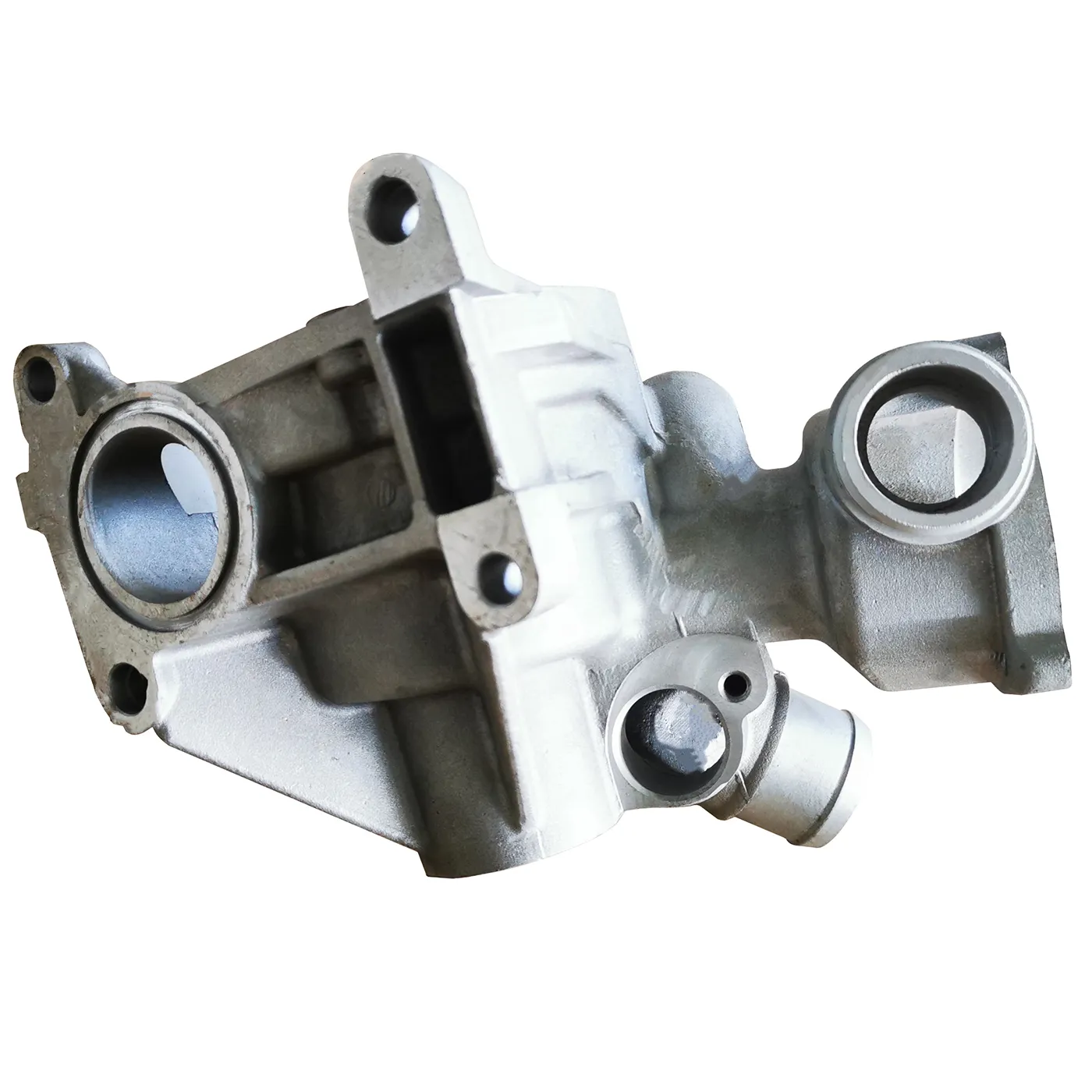Mobile:+86-311-808-126-83
Email:info@ydcastings.com
Exploring the Benefits and Applications of Die Cast Aluminum Castings in Various Industries
Die Cast Aluminum Castings An Overview
Die casting is a manufacturing process that involves forcing molten metal into a mold cavity under high pressure. This technique is widely employed for producing intricate and precise components, particularly in aluminum, due to its advantageous properties. Die cast aluminum castings are integral to numerous industries, including automotive, aerospace, electronics, and consumer goods, owing to the material’s lightweight nature, excellent strength-to-weight ratio, and corrosion resistance.
Advantages of Die Cast Aluminum Castings
One of the primary benefits of aluminum die casting is its ability to create complex geometries with high dimensional accuracy. This precision reduces the need for secondary machining, saving time and costs in the production process. The process can achieve tolerances as tight as ±0.003 inches, making it ideal for applications where precision is paramount.
Additionally, aluminum itself is a versatile and lightweight material, making it an attractive choice for industries that prioritize performance and efficiency. The lightweight nature of aluminum helps in reducing the overall weight of assemblies, which is crucial in automotive and aerospace applications where fuel efficiency and performance are key considerations.
Furthermore, aluminum die castings exhibit excellent mechanical properties, including a high strength-to-weight ratio and superior thermal and electrical conductivity. These characteristics are especially beneficial for automotive parts, which require both strength and lightweight solutions to improve fuel efficiency and overall performance. Moreover, aluminum is inherently resistant to corrosion, extending the lifespan of the cast components and reducing maintenance costs.
Applications of Die Cast Aluminum Castings
die cast aluminum castings

Die cast aluminum castings are utilized in a wide range of applications. In the automotive industry, they are found in engine blocks, transmission housings, and various structural components. These parts benefit from aluminum's strength and lightweight properties, contributing to overall vehicle efficiency and performance.
In the aerospace sector, where weight is a critical factor, aluminum die castings are used in various components such as airframe structures, brackets, and engine casings. The ability to produce lightweight yet strong parts helps manufacturers meet stringent safety and performance standards.
Electronics manufacturers also leverage die cast aluminum castings for housings and structural elements
. The thermal conductivity and electromagnetic shielding properties of aluminum make it an ideal choice for protecting sensitive electronic components from heat and interference.Sustainability of Die Cast Aluminum
An additional advantage of aluminum die castings is their sustainability. Aluminum can be recycled indefinitely without losing its properties, making it an environmentally friendly option. The recycling process requires significantly less energy compared to primary production, reducing the overall carbon footprint of manufacturing operations. As companies increasingly prioritize sustainable practices, the demand for recycled aluminum in die casting processes is expected to rise.
Conclusion
In conclusion, die cast aluminum castings play a crucial role in modern manufacturing across various industries. Their superior mechanical properties, lightweight nature, and adaptability make them a preferred choice for engineering applications requiring precision and reliability. With the added benefits of sustainability and cost-efficiency, die cast aluminum will continue to be a vital component in driving innovation and performance in products around the globe. The continued advancement in die casting technologies and recycling practices will likely enhance their significance in future manufacturing landscapes.
-
Understanding Metal Casting TechniquesNewsApr.02,2025
-
Understanding Exhaust Manifolds for Enhanced Engine PerformanceNewsApr.02,2025
-
The World of Metal FabricationNewsApr.02,2025
-
Key Components for Pump and Turbo EfficiencyNewsApr.02,2025
-
Essential Tools for Automotive Maintenance and RepairNewsApr.02,2025
-
Durable Valve Components for Effective Water ManagementNewsApr.02,2025











